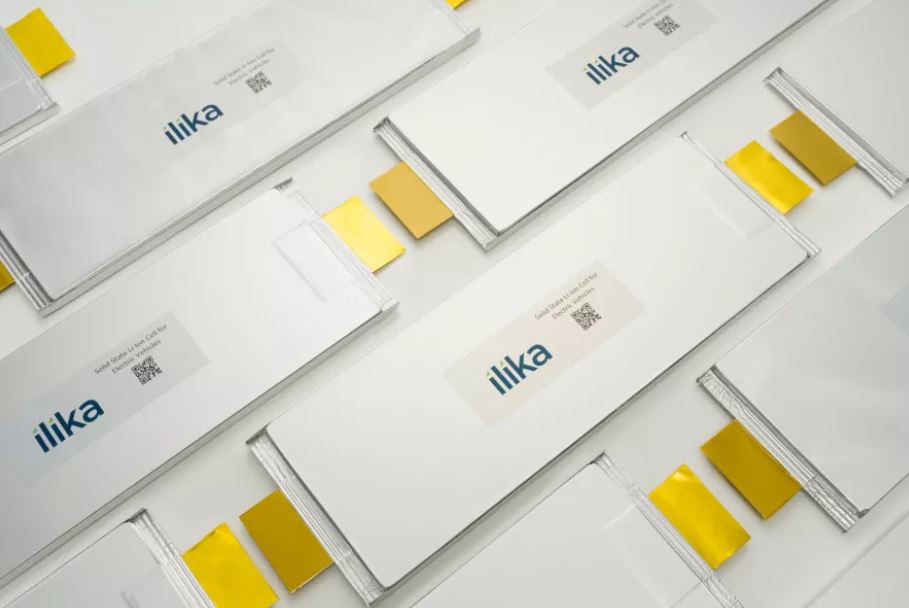Thin-form battery developer Ilika (IKA) said in a trading update that it was on track to meet expectations for the year ending April 30 2023.
It said that revenues are expected to be approximately £0.8 million, compared to £0.5 million in 2022, while the EBITDA loss (excluding share-based payments) is projected to be approximately £7.0 million, compared to a loss of £6.4 million in 2022. Cash and cash equivalents at the end of the period amounted to £15.8 million, down from £23.4 million on April 30, 2022.
Ilika said it had made progress in improving process yield and qualifying initial product batches in its Stereax division, enabling delivery of its first shipment of Stereax M50 cells in April 2023. These cells are used individually and serve as the foundational components for Ilika's M300 batteries, which consist of six M50 cells connected in parallel. The Company has received 23 commercial orders from 20 customers, primarily in the miniature medical device sector.
It also said that it’s finalizing the terms of its intended partnership with Cirtec Medical LLC. A memorandum of understanding has been signed, outlining the transfer of Stereax battery manufacturing to Cirtec's facility in Massachusetts, USA. Following the transfer, Ilika will focus on advanced technology development and intellectual property licensing to support Cirtec's manufacturing and commercialization efforts.
The company also reported that product development on its large format battery for electric vehicles and consumer appliances was on schedule, with a focus on increasing cycle life and conducting scale-up studies with partners.
Collaborations with strategic partners, such as the Faraday Battery Challenge collaboration program supported by BMW and Williams Advanced Engineering, are underway to integrate high silicon content electrodes into Goliath solid-state batteries, enabling automotive-level performance.
View from Vox
Ilika is well on the road to commercialisation of its small-scale, revolutionary thin-film battery technology. The company has so far secured 21 orders from 18 customers of which 11 are for implanted medical devices, 3 for smart dental applications, 2 for smart lenses, 1 for aerospace and 4 for other uses.
The technology offers advantages over other solid-state battery approaches, including high energy density and temperature resilience which makes them particularly useful for implanted medical devices and high-temperature industrial applications where current lithium-ion batteries are unsuitable.
According to recent research, the global implantable medical device market is expected to grow at a compound annual growth rate of 6.6% to $143bn a year by 2028, reflecting rising healthcare spending around the world and advances in technology.
Ilika’s technological advances and plans to scale up production leave it well-positioned to tap into this burgeoning demand, offering an improved safety and efficacy profile that has been a major challenge for the industry.
Meanwhile, while further from commercialisation, its technology for larger-scale applications potentially offers significant advantages over existing forms of battery technology, not least in terms of the weight-to-power ratio, recyclability, and looming deficits in the lithium market.
You can hear us speaking to chief executive Graeme Purdy about these advantages and commercial progress in this recent video.

